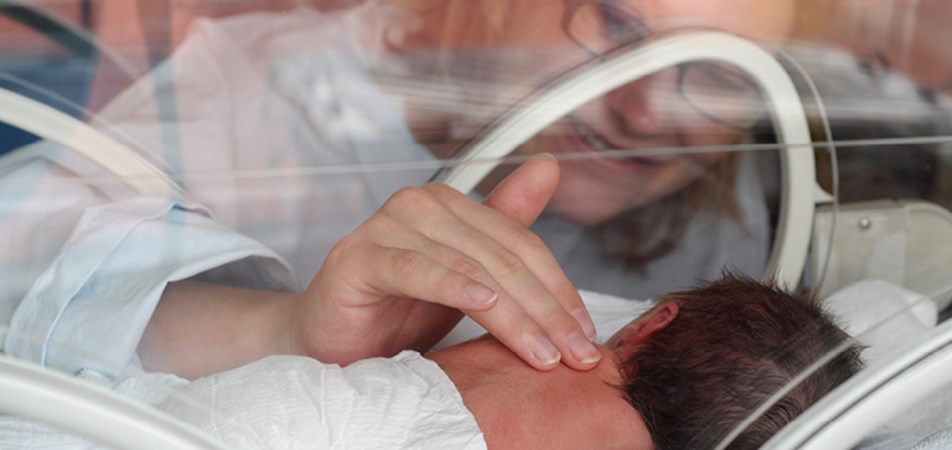To recover your password please fill in your email address
Please fill in below form to create an account with us

The aim of the HUM-TE study is to assess the clinical effectiveness and explore implementation contexts of 95% incubator humidity on premature infants born <27 weeks gestation during the first three days of life.
|
Trial Summary |
In 2020, of 817 Australians who were born extremely preterm before 27 weeks gestation, 25% died and 75% of the survivors had major short-term morbidity. Mortality in these infants was 10% lower in Japan, which has the lowest rates of mortality and morbidity in the world. Extremely preterm babies lose water through their immature skin, causing dehydration and hypernatraemia (high blood sodium concentrations). Hypernatraemia is associated with increased mortality, cerebral bleeding, and childhood disability. Skin water and heat loss, as well as hypernatraemia are reduced by increasing incubator humidity. However, there is worldwide variation in practice due to lack of high-quality evidence from clinical trials. Clinicians in Japan routinely initiate incubator humidity at 95% compared to 80% in Australia. The aim of the HUM-TE study is to assess the clinical effectiveness and explore implementation contexts of 95% incubator humidity on premature infants born <27 weeks gestation during the first three days of life. |
|
Supported by |
Australian Government Medical Research Future Fund – Clinician Research Initiative funding identification number 2032203 |
|
Eligibility |
Preterm babies born less than 27 weeks gestation and less than or equal to 12 hours of age after birth. |
|
Registration ID |
TBC |
|
Participation (countries) |
Australia and New Zealand |
|
Australian lead group |
NHMRC Clinical Trials Centre |
|
Status |
Start up |
|
Activation date |
Planned January 2025 |
|
Chair |
Pranav Jani |
|
Contact |
HUM-TE.study@sydney.edu.au |